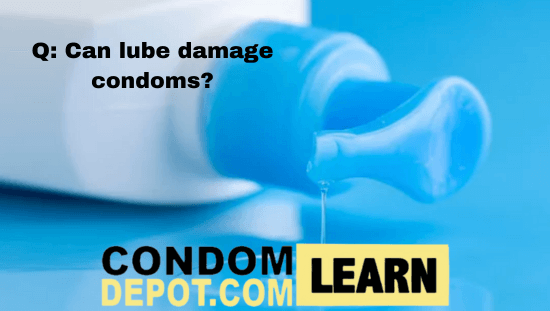Learn

Q: Can I use PVC gloves as a dental dam?
Q: Can I use PVC gloves as a dental dam?
They are not the blue nitrile gloves, they are the clear looking ones. Here is the description from the box: Medical exam quality gloves that are non-sterile, single-use and fit either hand, best for first aid, health and baby care, incontinence and diabetic care, easy on-off, made of pvc, latex and powder free, flexible, light-weight, meets ASTM Standard D5250.
A: The short answer is no. PVC is a very different material than polyurethane, nitrile, and polyisoprene. These are the only non-latex materials suitable and FDA approved for STD protection via barrier methods. Oftentimes, people are confused about the difference in these materials, so we would like to explain why anything made from PVC is unfit for use as a dental dam for STD protection during oral sex.
Even though PVC, at first glance, seems like it should offer STD protection, in reality, PVC is an unstable and porous material. The National Center for Biotechnology Information (NCBI) has tested PVC extensively and has released this testing result, “PVC suspension resins are usually relatively dust-free and granular with varying degrees of particle porosity." This “varying degree” is a cause for concern, and a huge red flag when it comes to staying protected. Conversely, latex, polyurethane, nitrile, and polyisoprene are all completely nonporous. Read more about these materials in, "The Complete Guide to Condom Materials."

Polyvinyl chloride (PVC) is essentially vinyl, and anyone who has ever worn a piece of vinyl clothing or ridden in a car with vinyl upholstery on the seats knows how easily this material cracks when it's bent and/or heated. These cracks will allow the transfer of bodily fluids and skin-to-skin contact. This can put you and your partner at risk for a whole slew of STDs such as: HPV, HSV, chlamydia and gonorrhea. This is why PVC is used for single use food preparation gloves and in the manufacturing of clothing and fabric instead of in condoms and dental dams.
I am wondering why you would not choose to use latex dental dams, like Glyde flavored latex dental dams? They work great and are really easy to use and much safer than the gloves you are describing. Are you or your partner allergic to latex or have an aversion to latex? If so, a non-latex condom, like the LifeStyles Skyn can easily be transformed into a non-latex barrier. If you are looking for a transparent way to stay safe (since Lixx dental dams are opaque) and there is no latex allergy present, I recommend the Caution Wear Grande condom, due to its size and sheerness. Watch how to turn a condom into a dental dam in our guide on "How to Use a Dental Dam."
I hope this was helpful and informative. Best of luck and stay safe!










